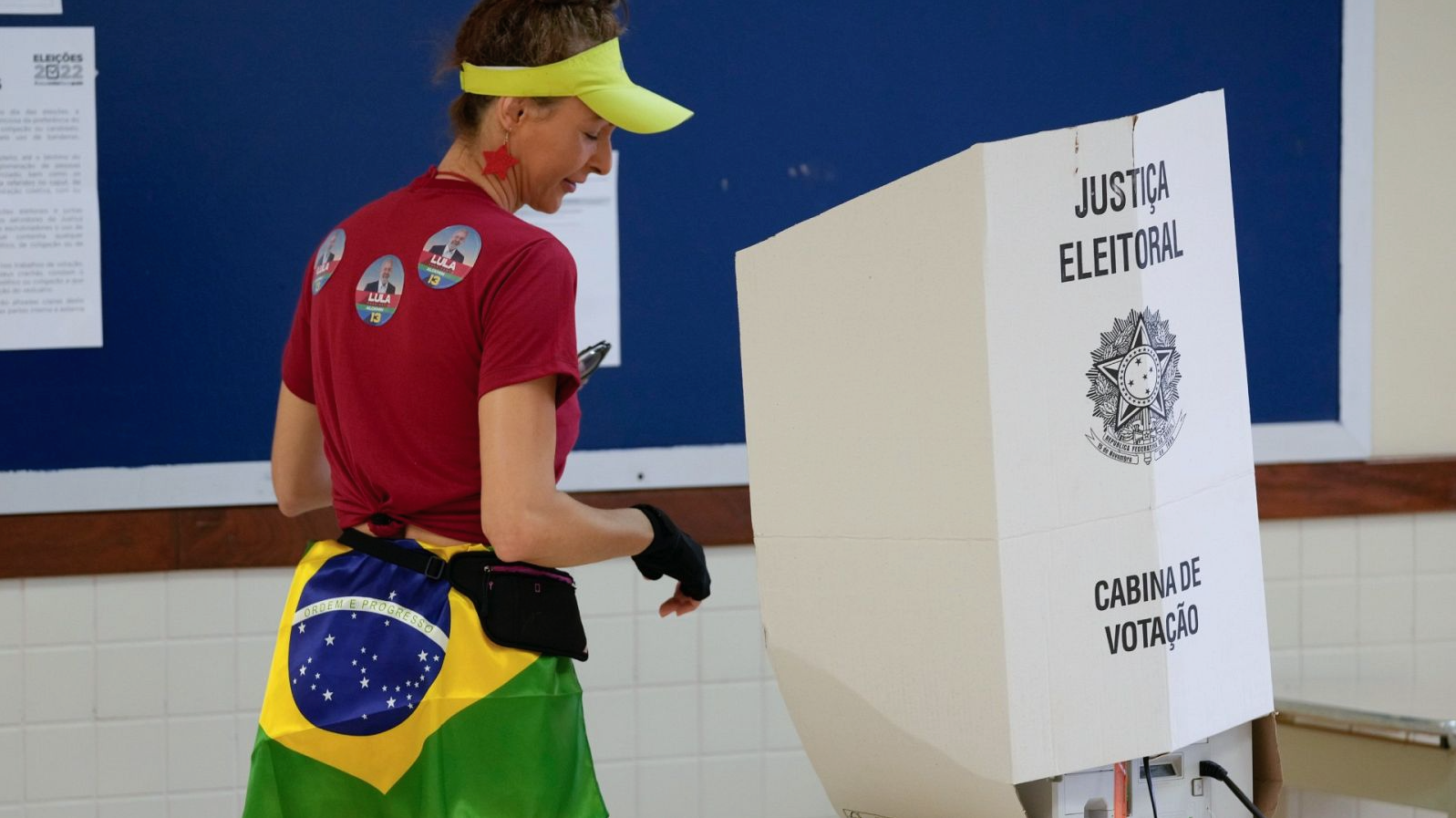On October 6 and 27, both rounds of the Brazilian municipal elections will be held. More than 156 million voters are summoned to exercise their suffrage and to elect local executives and legislators. Considering more than 5,500 municipalities, including the highly contested provincial capitals — São Paulo, Rio de Janeiro, Fortaleza, Salvador or Belo Horizonte, to name a few — there is no doubt that this is an important political-social event.
While recognizing that the municipal elections are mainly about local issues, their preparations, candidacies, and results will certainly have repercussions on the other spheres of government — federal and provincial. It is not surprising, therefore, that the Brazilian municipal elections will be the main political, electoral and civic event of the second half of the current year. And this is how it is understood by the political class, civil society and the state as a whole.
From a broad perspective, it is known that Brazil is still undergoing a complex process of democratic recomposition, after a turbulent period of erosion of the regime, whose most dramatic moment was the well-known and regrettable episodes of January 8, 2023, in Brasília. Closely related to this and dependent on such process of democratic recomposition, there are structural and conjunctural challenges of great relevance, among them those concerning social stratification and mobility, as well as those related to the persistent polarization and conflict.
All this has been aggravated, in the last ten years, by the deliberate and insidious phenomenon of large-scale disinformation. Something similar can be said about the constant presence and protagonism of movements and collectives contesting the democratic-representative and republican regime itself, which includes what concerns the legitimacy of the state’s actions. That is, the actions of persistent nuclei of essentially anti-democratic, anti-republican, radicalized, “indifferent” and often extremist actors. Pars pro toto, most of these collectives are integrated by heirs of the past Bolsonaro moment. In short, these are complex and multifaceted challenges, all of them associated with cosmologies and dynamic, dialectical and constantly changing political-social processes.
The phenomenon of deliberate disinformation is particularly worrisome in the Brazilian case, given the considerable spreading of the Internet, the predominant political culture and the popularity of social networks among important segments of civil society. It should be borne in mind that, according to the Office of the Special Rapporteur for Freedom of Expression, a body subordinate to the Inter-American Commission on Human Rights of OAS, “disinformation consists of the massive dissemination of false information (a) with the intention of misleading the public and (b) knowing it to be false”. It should be noted that the deliberate dissemination of false, demonstrably erroneous or biased information in social networks has caused spurious societal impacts.
It is known that such strategies of disinformation and social-political subversion are frequently associated with far right, populist and radical groups. Likewise, it is regrettable that their intention is to divert the focus of debate and deliberation in the public space, generate unrest and unfounded resistance in vulnerable segments of the population, and negatively disrupt the formulation and implementation of policies, mainly in crucial areas such as health, security and social order, education, environment, culture, or the promotion of human rights. Thus, it is not surprising that, in electoral contexts or periods such as the Brazilian one, such disinformation strategies end up exacerbating polarization, questioning the legitimacy of the processes and undermining the regime.
In the face of polarization and disinformation driven by anti-democratic and extremist sectors, it is urgent and pertinent for Brazilian society and the state to react. The arguments of the common good, public interest, human development and civic republicanism, in addition to the fight against organized crime, the defense of the regime and legality, have been used by the Brazilian authorities to counteract the aforementioned subversion strategies, with emphasis on the actions of the three federal powers. At the same time, the authorities have promoted new and more efficient social communication strategies based on truthful information on governmental action, especially in critical moments, including frequent political-ideological tensions, environmental disasters, health campaigns and the like.
Having said this, it is crucial that the Brazilian population as a whole assumes some level of civic and citizen responsibility, both in favor of democratic recomposition and in the fight against disinformation and polarization. Ultimately, all this points to the gradual improvement of the quality of the country’s political regime. Without forgetting that the evolution of Brazil has significant repercussions in the Latin American scenario, in the Global South and in the world. This analysis of the political-social scenario corroborates, therefore, the high and growing relevance, impact and transcendence of the midterm elections in the Ibero-American giant.
*Translated by Janaína Ruviaro da Silva from the original in Spanish.











